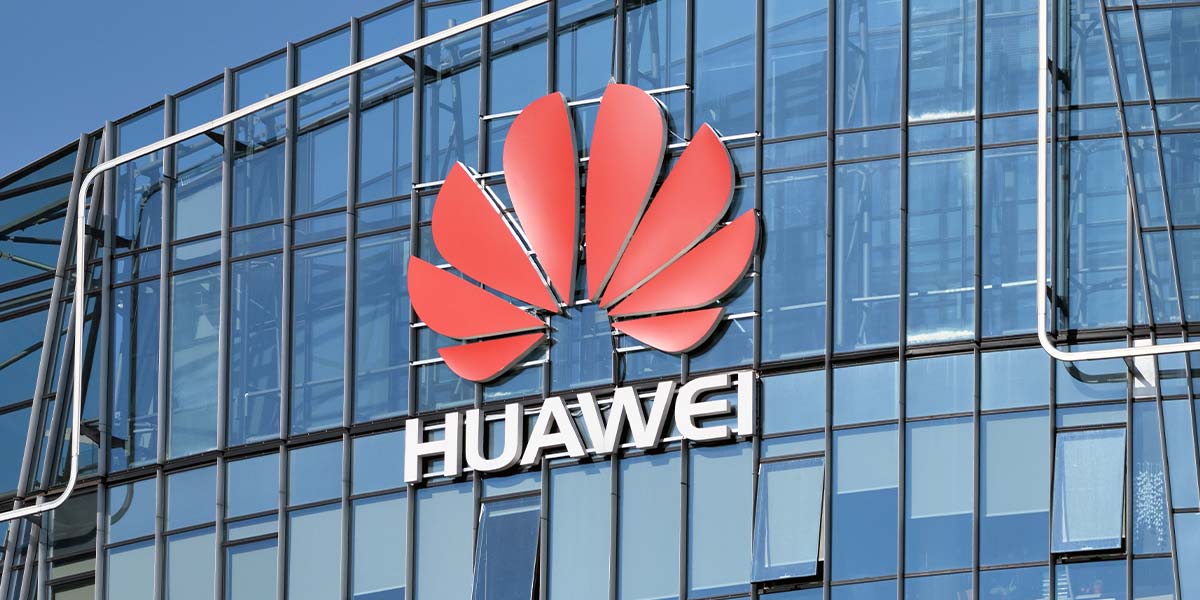Huawei Technologies is taking steps to crack open AI chip markets in the Middle East and Southeast Asia, seeking to challenge the dominance of US-based Nvidia, according to a report by Bloomberg News.
The Shenzhen telecommunications powerhouse has reportedly approached prospective customers in countries such as the United Arab Emirates, Saudi Arabia, and Thailand with its earlier-generation Ascend 910B AI processors.
Sources familiar with the matter indicated that the offers are being made in limited batches, numbering in the low thousands, though precise figures have not been disclosed. At this stage, no deals have been finalized, with muted interest from parties in the UAE and the situation in Thailand remaining ambiguous.
In an effort to diversify its appeal, Huawei is also marketing remote access to CloudMatrix 384, a China-based AI system powered by its more advanced domestic chipsets. However, due to restricted supply, these next-generation processors are not available for export at present.
The Middle East, in particular, has become a prized battleground for global AI chipmakers, with U.S. technology giants, including Nvidia, recently inking key agreements in the region. Notably, U.S. President Donald Trump claimed to have secured $600 billion in commercial commitments from Riyadh for American firms during a tour in May.
Domestically, Huawei is also intensifying efforts to sell its 910C AI chips to local Chinese firms now starved of access to best-in-class American semiconductor technology due to prolonged U.S. export controls. Such controls have been enforced across successive U.S. administrations over concerns about their potential military applications in China.
Nvidia’s spokesperson emphasized that the export controls effectively barred the American chipmaker out of the Chinese market, which is now dominated by competitors such as Huawei.





